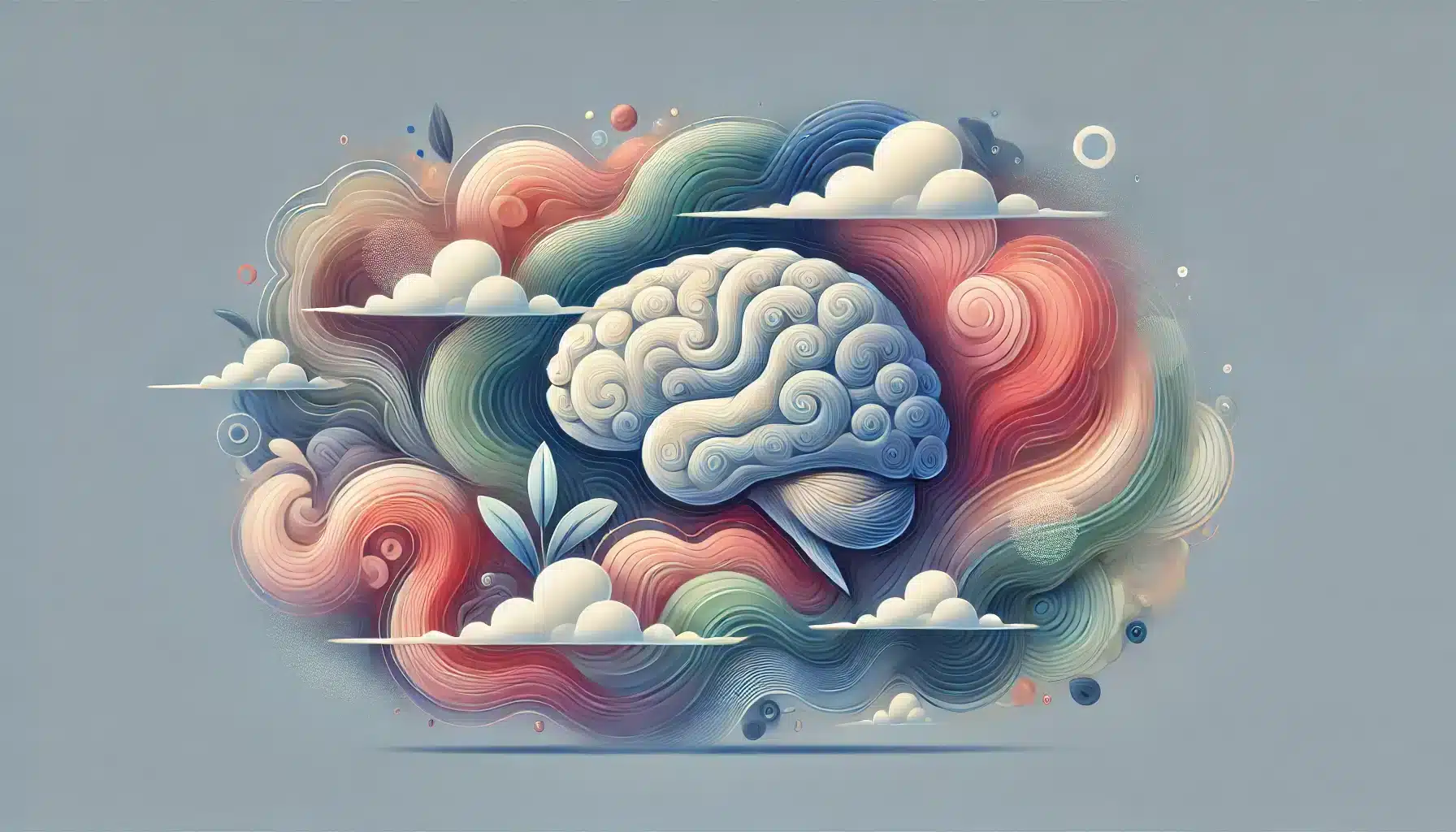What is World Brain Day?
World Brain Day is held every year on 22 July and is celebrated worldwide. It was established in 2014 by the World Federation of Neurology to promote awareness of neurological conditions and brain health. Each year a different theme is chosen to spotlight specific issues, from stroke to mental health to brain pollution. The day brings together doctors, researchers, patients and the public. It aims to encourage better understanding, earlier diagnosis and stronger global support for neurological well-being.
World Brain Day also supports campaigns for better healthcare access, especially in regions where neurology remains underfunded. Activities include lectures, health screenings, public information campaigns and online outreach. These efforts create space for dialogue and education. The focus remains on practical steps individuals and systems can take to protect brain function throughout life. The day makes the invisible work of the brain more visible and understood.
History and Origin
The idea for World Brain Day began with the World Federation of Neurology, founded on 22 July 1957. In 2014, the organisation chose its own anniversary as a fitting date to launch an international awareness day. The goal was to put brain health on the public agenda and encourage cross-border cooperation in research and care. It marked the start of a now annual observance with increasing reach and relevance.
Each year the WFN selects a theme that shapes campaigns across hospitals, universities and media channels. Past themes have included migraine, multiple sclerosis and the link between air quality and cognitive function. These changing focuses ensure broad coverage of issues. They also help specialists and advocates build targeted materials that speak to real-world challenges.
World Brain Day has grown rapidly. Neurology associations in dozens of countries now take part. From Latin America to Africa to Southeast Asia, events are held in local languages and adapted to different contexts. While the content varies, the message remains shared: brain health is essential and deserves attention. Through collaboration, the observance builds momentum for change.
Who participates in World Brain Day?
- Healthcare professionals: Lead seminars, screenings and community outreach
- Neurology organisations: Coordinate regional campaigns and research briefings
- Patients and caregivers: Share experiences to break stigma and raise awareness
- Schools and universities: Organise talks and activities to educate about the brain
- General public: Take part in events, learn about prevention and share online
Slogans and Themes
Each year World Brain Day launches a new slogan to support its global theme. Examples include “Brain Health and Disability: Leave No One Behind” and “Clean Air for Healthy Brains.” These messages aim to reach broad audiences with simple, urgent calls to action. The themes provide structure for campaigns and give groups worldwide a shared focus. They help unify events while leaving room for local interpretation.
Colors, Symbols and Patterns
Colors:
- Blue: Represents calm, clarity and intelligence
- Grey: Evokes the brain’s grey matter and links to neurological identity
- White: Symbolises peace, access and equity in healthcare
Symbols:
- Brain icon: Central image used on banners and digital campaigns
- Neuron shape: Suggests complexity and connectivity
- Globe: Emphasises the international scope of the day
Patterns:
- Network lines: Represent neural pathways and communication
- Puzzle pieces: Refer to complexity and problem-solving in neurology
- Wave patterns: Echo brain activity and mental processes
Most Used Hashtags
- #WorldBrainDay
- #BrainHealth
- #NeurologyAwareness
- #BrainMatters
- #BrainHealthForAll
How do you celebrate World Brain Day?
- Attend a health seminar: Hospitals and clinics often host public lectures on neurology and brain function
- Take part in awareness campaigns: Use social media to share facts, personal stories or WFN campaign materials
- Start a brain-healthy habit: Make small changes like getting more sleep, drinking water or reducing screen time
- Learn something new: Read about how your brain works or explore brain-related topics through books or podcasts
- Support brain-related charities: Donate or volunteer with organisations working in neurology or mental health
Why is World Brain Day important?
World Brain Day is important because neurological disorders affect millions yet often remain misunderstood. Conditions like epilepsy, dementia and stroke carry stigma or are diagnosed too late. This day puts them in the spotlight and encourages earlier care, better support and more open conversation. It also brings patients and medical professionals together around shared goals. The impact is not just personal but systemic.
Beyond illness, the day also focuses on prevention. Lifestyle, environment and social factors all influence brain health. Public awareness can lead to better habits, stronger policies and new research. World Brain Day helps make brain care a normal part of health care, not a specialist concern. It brings clarity to a topic many avoid, and offers tools to face it directly.
Features
Contact Info
July 22: Brain Day
Why do you keep falling for the same type?
Read the article Lovemaps: the hidden blueprint of our love.

